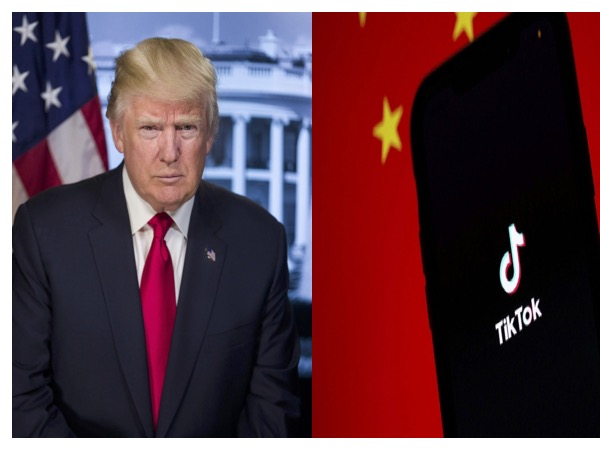Heritage months marginalize most of civilization
March 13, 2012
In case you didn’t already know, March is Women’s History Month. During this month of awareness, we are suddenly supposed to be interested the history of approximately half of the world’s population. We host events to bring attention to women’s problems and focus our curriculum on women. This month, we care. But only for one month.
Apparently, the other eleven months of the year, women don’t count. We don’t have to care about the achievements women have made throughout the course of human history. We don’t have to learn about what women have gone through and what their status in society is like today. A month of appreciation is enough to cover it all.
Creating a month designated toward women’s history does nothing to create equality or alleviate the discrimination we have endured over the years. While it makes a good point to educate others about our struggles, the problem is that it creates awareness for a period of time and then ignores it for the rest of the year.
The same goes for other heritage months: Black History Month in February, Asian Pacific American Heritage Month in May and LGBT Pride Month in June. The list goes on. Equality isn’t about finding a time frame dedicated to the history of every minority. This isn’t what we’ve been fighting for all these years.
What these months do is set these groups aside and label them as different. They help set the white heterosexual male as standard. When it’s not Women’s or Black History month, that’s the perspective we look at history from. But there shouldn’t be a standard. In a society as diverse as ours, we should be learning about all histories and heritages all the time.
Morgan Freeman said in a 2005 interview on “60 Minutes” that “Black history is American history.” Women’s history is American history, the world’s history. The same holds true for all groups of people–male, female, gay, straight, Black, White, Asian and Latino. For as long as we’ve been a part of this country, we’ve been a part of its history. There’s no need to keep us separated.








































































